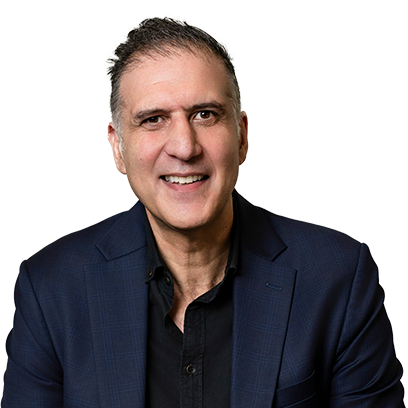‘Life in plastic, it’s fantastic’ – Why are young people obsessed with plastic surgery?

More and more young men and women are choosing to completely transform themselves with botox, fillers and hair plugs, to the point that they’re unrecognisable.
Plastic surgery used to be seen, rightly or wrongly, as the domain of the older generation seeking to recapture their youth, but now 20-somethings are jumping on the trend.
Dr Michelle Roesler is a psychologist that has developed a screening tool to make sure would-be patients are genuinely ready for the work to be done.
She tells Deborah Knight there are a few reasons behind young people making the choice to go under the knife or needle.
“Two things that women and men say, is to feel better and for self-confidence.
“I think the other reason why they’re doing it too is supply and demand, it’s easier to access.”
With shows like MAFS, it’s not hard to see the impact of herd mentality on the increase in numbers.
“Back in 2016, when [Kylie Jenner] publicly said she’d had her lips done, there was a 20 percent increase in the USA of women and men going to get their lips done.”
The screening tool is used to see if the choice is being made for the right reasons and slows the process down if needed.
“The screening’s not about saying ‘you can’t have plastic surgery’, but it’s about, at this time it’s not appropriate and to work on yourself first, and generally about a six-month process and then see. It’s about working with the patient, with the surgeon, to slow things down and make sure you’re ready.”
Click PLAY below to hear the full interview
Image: Getty



